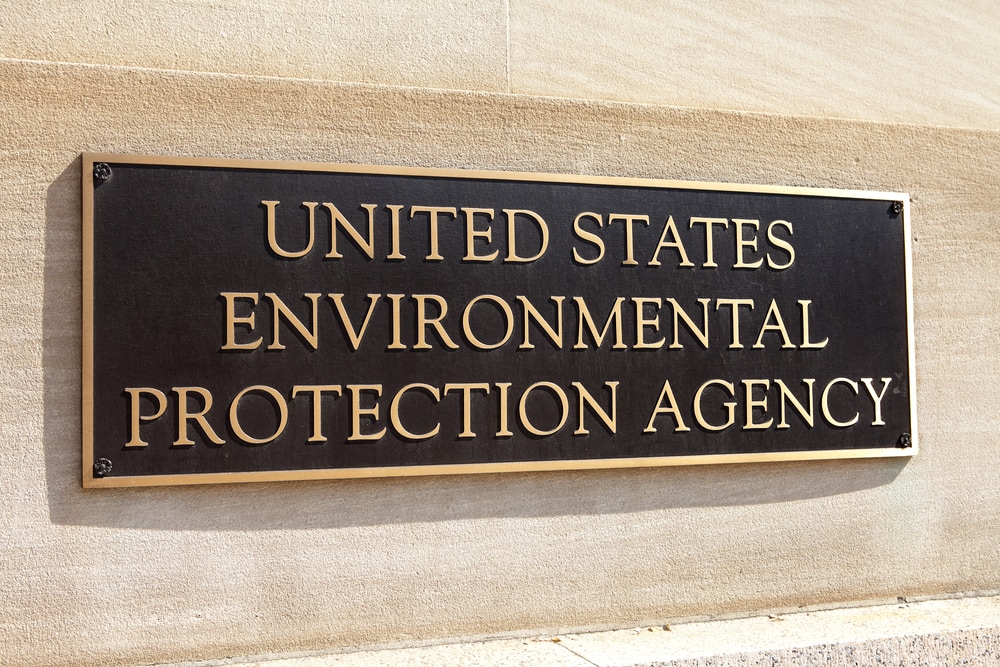Thai Government Should Reexamine E-Cigarette Ban as it Pursues Goal to Reduce Smoking Rate
WASHINGTON (March 17, 2021)—Over the last two decades, the landscape of tobacco products has changed with the introduction of electronic cigarettes (e-cigarettes) and other non-combustible tobacco products. In part, the impetus for the development of these products was to offer alternatives to combustible cigarettes that mitigate the health consequences of smoking.
According to news reports, the Thai government continues to pursue its goal of reducing the country’s smoking rate to less than 14 percent by 2027. But it is also grappling with scrutiny around the effectiveness of its anti-smoking campaigns and the rise of consumer movements pushing for changes to e-cigarette regulations globally.
To date, tobacco control efforts in Thailand have stalled, showing only small annual decreases in smoking prevalence. In a new policy study, R Street analyzes the potential public health effects of e-cigarettes in Thailand. The findings suggest that the legalization of e-cigarettes in Thailand is likely to reduce the burden of tobacco use and help the nation achieve its public health goals.
“Adopting the THR [tobacco harm reduction] approach and legalizing e-cigarettes may provide a new opportunity to advance the public health agenda of reducing the burden of smoking and improve the overall health of Thai citizens,” said the author.
Local groups have cited recent literature questioning the ineffectiveness of tobacco cessation campaigns run by the Thai Health Promotion Foundation. In the absence of meaningful reform, the Thai government’s goal of reducing its smoking rate to less than 14 percent by 2027 may prove impossible without tobacco harm reduction interventions.
Read the full study, “Modeling the Potential Public Health Impact of E-Cigarette Legalization in Thailand,” here.








